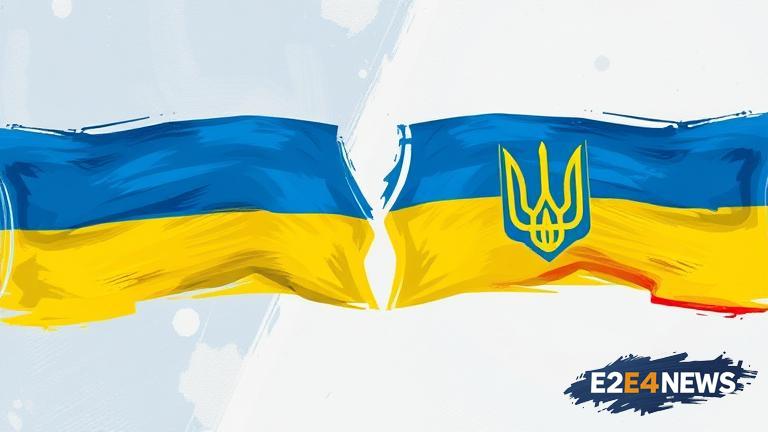The Russia-Ukraine war has been a major point of concern for the international community, with the conflict resulting in significant loss of life, displacement of people, and economic instability. In recent times, there has been a renewed focus on finding a peaceful solution to the conflict, with officials from various countries working together to broker a deal. The United States, European Union, and other global leaders have been engaged in diplomatic efforts to bring an end to the war, with a range of initiatives and proposals being put forward. One of the key challenges in resolving the conflict is the need to address the complex historical, cultural, and political factors that have contributed to the war. The conflict has its roots in the early 2010s, when Ukraine’s pro-Russian president was ousted, leading to a period of unrest and instability in the region. Russia’s subsequent annexation of Crimea and support for separatist groups in eastern Ukraine has been a major point of contention, with the international community widely condemning these actions. Despite the challenges, there are signs that a peaceful resolution may be possible, with both Russia and Ukraine indicating a willingness to engage in negotiations. The Ukrainian government has proposed a range of initiatives, including a ceasefire, the withdrawal of Russian troops, and the establishment of a buffer zone to separate the warring parties. Russia, on the other hand, has called for the recognition of its sovereignty over Crimea and the protection of the rights of Russian-speaking minorities in Ukraine. The international community has been working to facilitate negotiations between the two sides, with the Organization for Security and Co-operation in Europe (OSCE) playing a key role in mediating talks. The OSCE has been working to establish a ceasefire, facilitate the exchange of prisoners, and provide humanitarian assistance to those affected by the conflict. In addition to the OSCE, other international organizations, such as the United Nations, have also been involved in efforts to resolve the conflict. The UN has been providing humanitarian assistance, including food, shelter, and medical care, to those affected by the war. The European Union has also been playing a key role in efforts to resolve the conflict, with the EU imposing sanctions on Russia in response to its actions in Ukraine. The EU has also been providing significant financial and humanitarian assistance to Ukraine, including a range of grants and loans to support the country’s economic development. Despite the progress that has been made, there are still significant challenges to overcome, including the need to address the underlying causes of the conflict and to establish a lasting and sustainable peace. The international community will need to continue to work together to support negotiations and to provide humanitarian assistance to those affected by the war. It is also important to recognize the significant human cost of the conflict, with thousands of people having been killed or injured, and many more having been displaced from their homes. The conflict has also had a significant impact on the global economy, with trade and investment having been disrupted, and the price of oil and other commodities having been affected. In conclusion, the Russia-Ukraine war is a complex and challenging conflict that will require a sustained and collective effort to resolve. The international community must continue to work together to support negotiations, provide humanitarian assistance, and address the underlying causes of the conflict. With patience, persistence, and a commitment to peace, it is possible to bring an end to this devastating conflict and to establish a lasting and sustainable peace in the region.
